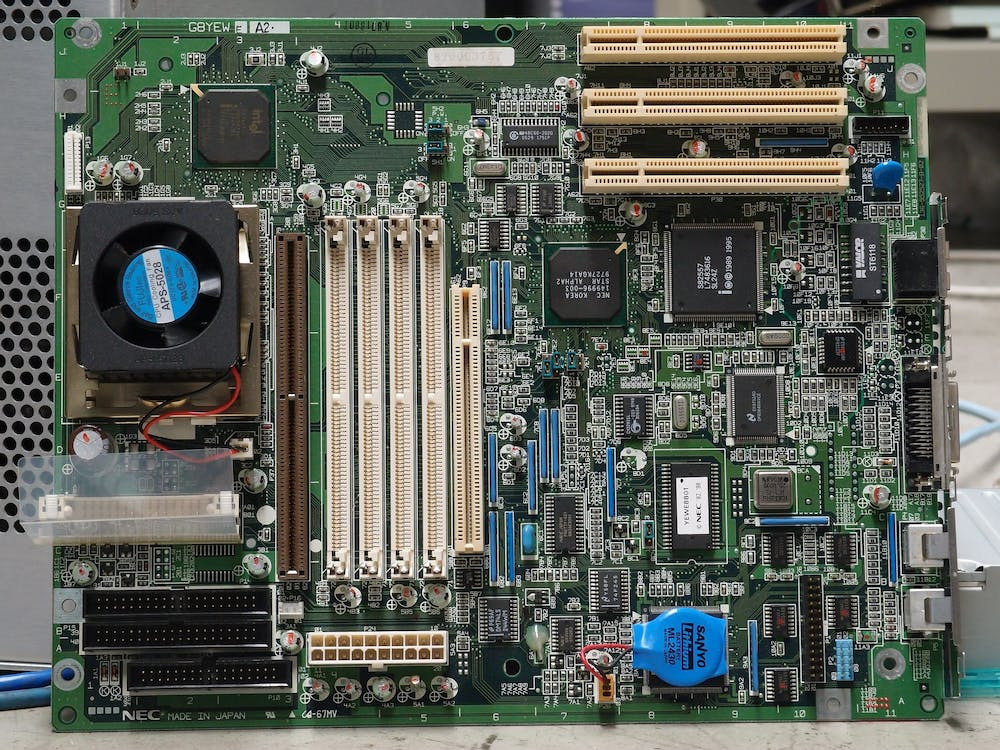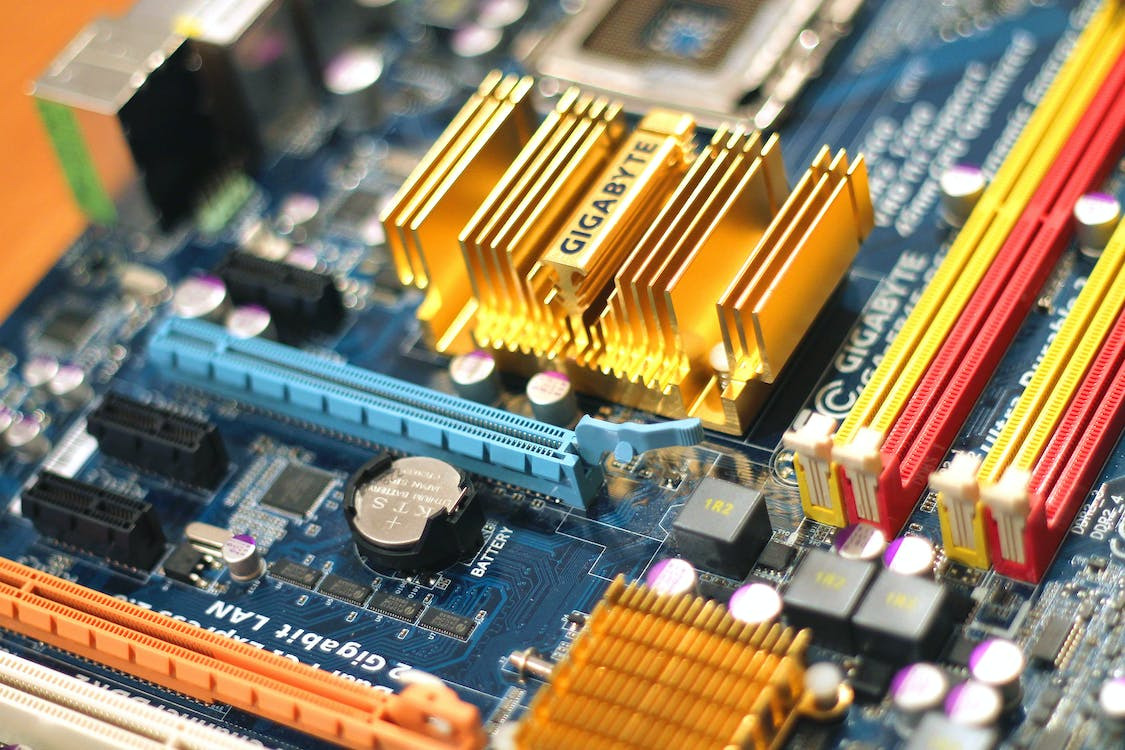What happens in a day in the life of a computer hardware engineer? How many hours do hardware engineers work per week? What are the daily schedules and tasks of this role?
If you are wondering about these questions, don’t skip the post! I will use my personal story and working experience to help you understand more about this profession. Let’s get right into the details!
An Overview Of Hardware Engineering
Computer hardware refers to the physical components of a computer. It is different from the software and data involved in the computer system.
Computer hardware engineers help design and test product prototypes. They use coding tools to develop new computer hardware. They also create plans for the upcoming computer equipment development.
After creating the new computer hardware, the engineers will test its efficiency. They will check the result and make the necessary adjustments.
Also, engineers help examine the existing computer equipment. They ensure that it can work well with the new software. Only when these two parts combine well can a computer operate properly.

A Day In The Life Of A Hardware Engineer
Most hardware engineers work for large businesses and follow a 9-to-5 working schedule. Some famous examples are hardware production companies or hardware developing services.
I work for a computer hardware production firm. My business specializes in producing RAM and drives for computing devices. The firm takes charge of both the development and production phases.
There are many departments in my company. The hardware engineers are responsible for the development phase. It consists of the tasks like:
- Research the market and develop plans for new products
- Design the products and test them
- Make the necessary adjustments and report the progress
- Managing the manufacturing process
- Update the existing products to make them more complete
As illustrated from the examples above, the duties of a hardware engineer are very wide. My daily tasks will vary based on the current phase of the project.
Here is a typical example of my daily work as a computer hardware engineer.
8:00 AM
I wake up at 7:30 AM and have a quick breakfast before heading to the office. All the team members in the hardware engineering department will have a short meeting at 8:00 AM.
The team manager will review the current project’s progress first. The company is planning a new SSD drive series in the upcoming months. My team is responsible for designing and developing the product.
The manager will assign each member specific parts of the project. For instance, a group will design and build a sample SSD drive in the lab. Then, I will take charge of testing the product’s function and conditions.
This meeting regularly lasts 30 minutes. All team members will then head to their desks and start the morning work.

8:30 AM
My work starts with reviewing the samples’ design and conditions. I will perform an optical scan to check the conditions of all the components. I must ensure that all components on the drive board are in the correct position.
Then, I move on to examine the drive’ functionality. To do this, I must connect the drive to a computing system. Then, I will check if the device is responsive to the new SSD drive.
If the drive can work with my computer, I move on to test its performance. I perform simple tasks like transferring and storing data on the new SSD drive.
It helps me check the speed and responsiveness of the drive. I must use special software to track the drive’s properties and ensure that it can deliver the highest performance.
Then, I will label the model with a serial number and develop a detailed report on its conditions. In the report, I list all the technical specs and information relating to the model.
12:00 AM
All my morning work is only the first phase of testing the newly developed SSD drive sample. The device will undergo many testing sessions to examine its performance and speed.
After finishing the report, I will head to the company’s cafeteria for lunch. During this time, I often browse my emails to check for notifications from coworkers.

1:00 PM
I usually submit the report to the team manager at the beginning of the afternoon. Then, the manager will host a meeting session with the design and engineering team.
I will briefly discuss the test results of the newly developed product. Then, I will highlight the potential setbacks and areas that need improvement.
The developing team will consider my feedback and make the necessary adjustments to the product. For instance, I noticed from the test that the drive features slower data transferring speed than expected.
Then, the hardware developers will examine the problem and find solutions to improve the drive’s speed.
3:00 PM
At 3:00 PM, I will research the market to check if the new SSD drive product series can match the latest demands. I also look for new technologies and methods to improve the device’s functionality.
Then, I will build another report based on the market research results. The report will help the hardware developers identify new methods to improve the product’s quality.

Is Computer Hardware Engineering Suitable For You?
ComputerCareers indicates that computer hardware engineers earn an average salary of about $146,463 per year. The senior positions in this career can bring you even more impressive incomes.
Besides the competitive wage, this role features a very good balance between work and life. If you love building computer hardware and are looking for a competitive wage, this career is an excellent choice to consider.
Final Thoughts
This career can fulfill your passion for computer systems. It involves working with the physical components that make up a complete computing system.
Besides deep expertise in computer science, you must be good at coding and using hardware developing tools. Hardware and software development skills are the key to thriving in this career path.
I hope my story can help you understand more about a day in the life of a computer hardware engineer. Thank you for reading!
